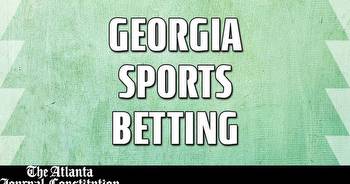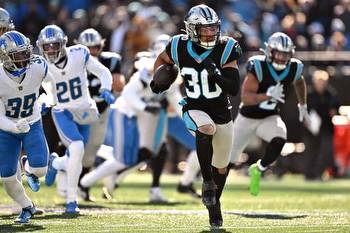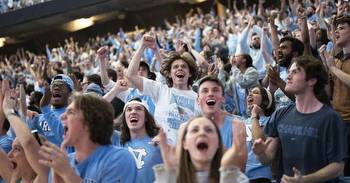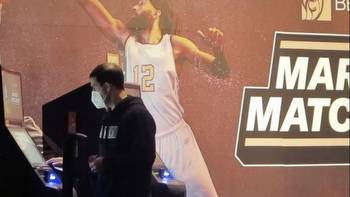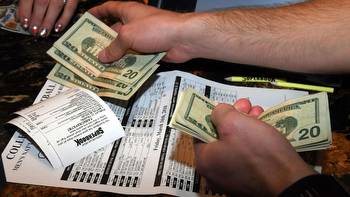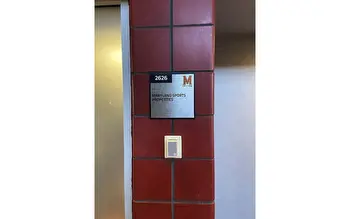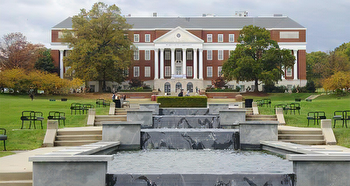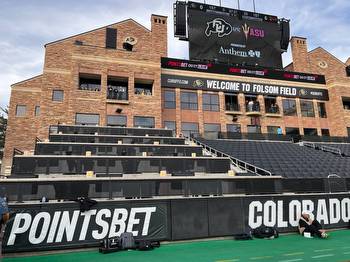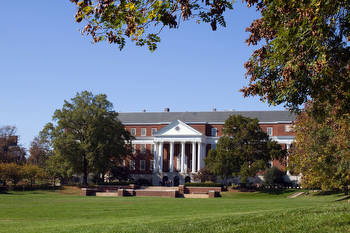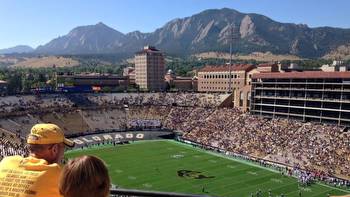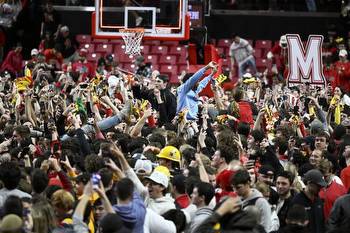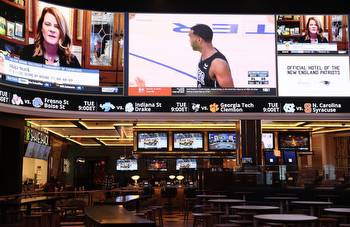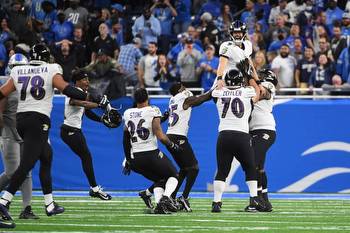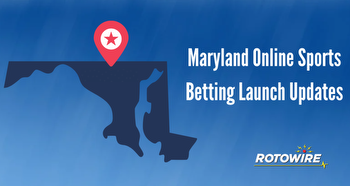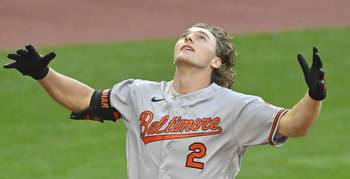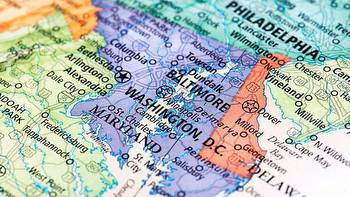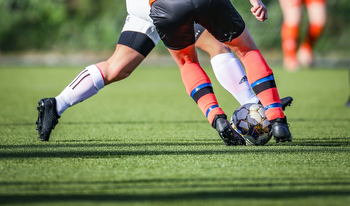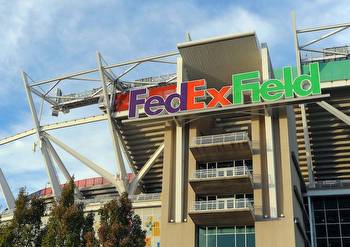Maryland Bill Restricting College and Sports Betting Pacts Awaits Governor’s Approval
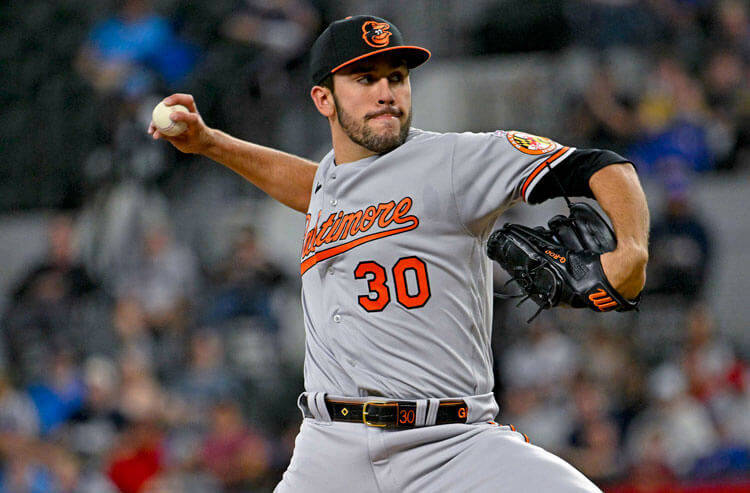
The change to the Old Line State's sports betting law is likely to be the first of many.
A Maryland bill to clamp down on chummy relationships between colleges and the legal sports betting industry is currently sitting on Governor Wes Moore’s desk, awaiting his signature.
Senate Bill 620 and its cross-filed Senate equivalent House Bill 802 have both made it swiftly through both of Maryland’s legislative bodies. In the past week, SB 620 sailed through the Maryland House Ways and Means Committee, passed its third reading in the House (134-0), and “returned passed” the Senate without amendment. The only thing missing to make it law is the ink from Governor Wes Moore’s pen.
Should SB 620 become law, Maryland colleges and universities would be prohibited from receiving compensation from online sports betting sites and sportsbook marketing agents based on student participation in sports wagering. It would also require public colleges and universities to disclose any contract with sports betting entities.
Currently, only one university in Maryland has a contractual relationship with a sports betting firm. The University of Maryland College Park (UMCP) has a contract with the marketing firm PlayFly Sports, which brokered a deal between the university and PointsBet.
However, PointsBet also recently terminated its relationship with the University of Colorado soon after the American Gaming Association (AGA) released new guidelines, restricting the relationship between sportsbooks and institutions of higher learning.
First of many tweaks
Following the US Supreme Court's decision to lift the ban on sports betting, 36 states and Washington, DC have already legalized it.
Since there are no federal regulations on sports betting, states enacted a patchwork of sports betting laws, with many of them crafted by lobbyists and other interested parties. With more practical experience under their belts, states are now revisiting the rules and regulations governing the nascent industry.
New York Times feature on the potential conflict of interests between sportsbooks and universities, more states could follow in Maryland’s footsteps. Both New York and New Jersey are already considering similar bills.
There are also several other sports betting-related issues that will likely be revisited, state by state. For instance, some states currently allow betting on in-state college sports, while others do not.
Taxes also vary widely across the country, as rates on retail sportsbooks are as high as 51% in New Hampshire and as low as 5.5% in Kansas. Meanwhile, issues relating to spooling or bet limiting based on a sports bettor’s track record are bound to attract regulatory attention, sooner or later.
Paving the way
Sports betting in Maryland has quickly made the Old Line State one of the largest gambling markets in the country. In 2022, the Maryland/Washington, DC region was the third-largest casino market in the US, just behind Las Vegas and Atlantic City. In fact, outside of Nevada, Maryland’s MGM National Harbor was the highest-grossing casino in the United States.
Maryland launched retail sports betting in 2021, with online sportsbooks launching the following year. Maryland’s FedExField — home to the Washington Commanders — became the first NFL stadium to feature sports betting with the opening of Fanatics’ 5,000 square foot sportsbook in January.
While Maryland may be one of the first states to tweak its sports betting laws, it certainly won’t be the last.

